No products in the cart.
Return To Shop
Log in / Sign in
Login
Register
New Modes of Violence: The Backlash Against Women in the Panchayat System
₹ 70
The 73rd Amendment (1992) to India’s constitution has not only given rural local governments (Panchayati Raj institutions) constitutional status, but has also ensured that marginalized sections of society such as backward classes and women have reservations in these bodies. The amendment has helped facilitate the entry of rural women in the public sphere. However, the visibility and presence of women in rural politics has been met with a lot of backlash. In this essay, Mayaram uses qualitative data from her fieldwork in Rajasthan to highlight the ‘new modes of violence’ that elected women representatives face.
The essay details the different forms of violence that elected women are subjected too, like physical violence, forced stripping, and verbal abuse. Dalit women face dual stigmatization on grounds of caste and gender. Mayaram’s essay demonstrates how caste politics, the police, and patriarchy form a nexus to protect the perpetrators.
According to Mayaram, there is an urgent need to recognize this backlash and the hindering impact it can have on women’s development. She believes that institutional reform is needed so that implementing agencies like the bureaucracy are sufficiently sensitized to women’s issues, and that structures of support should be created for elected women. Her essay is thus a testament to the fact that having ‘good’ legislation isn’t enough—ground realities have to be taken into account as well to ensure that policies can function effectively.
Category: e-Essays
Tags: legislation, Panchayat, Panchayat System, Shail Mayaram, The Violence of Development, Women in politics
Be the first to review “New Modes of Violence: The Backlash Against Women in the Panchayat System” Cancel reply
You must be logged in to post a review.
Related products
Contact Us
© Zubaan 2019. Site Design by Avinash Kuduvalli.
Payments on this site are handled by CCAvenue.



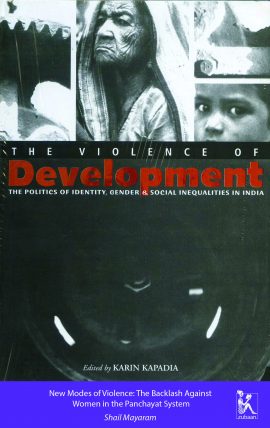



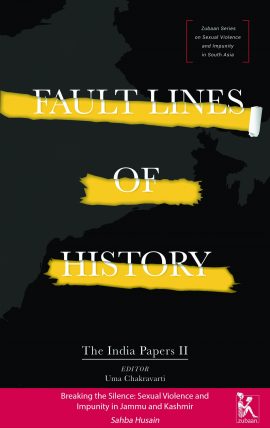

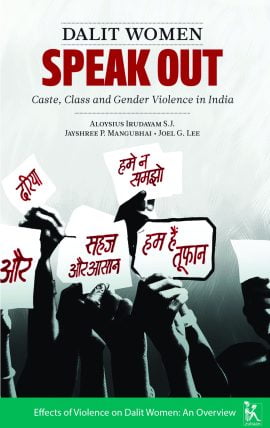
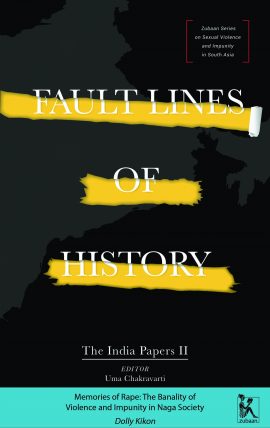
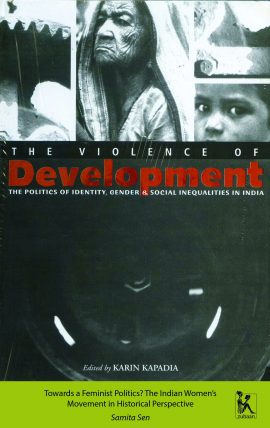
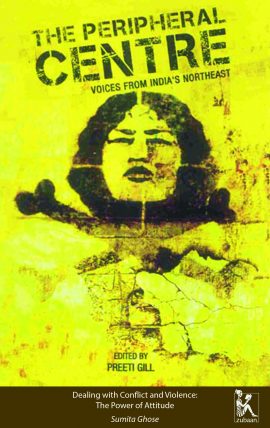

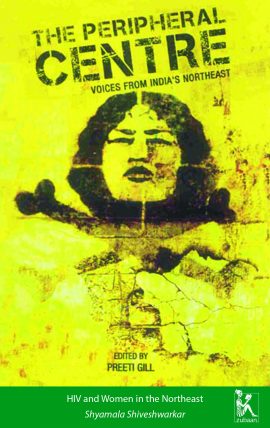
Reviews
There are no reviews yet.